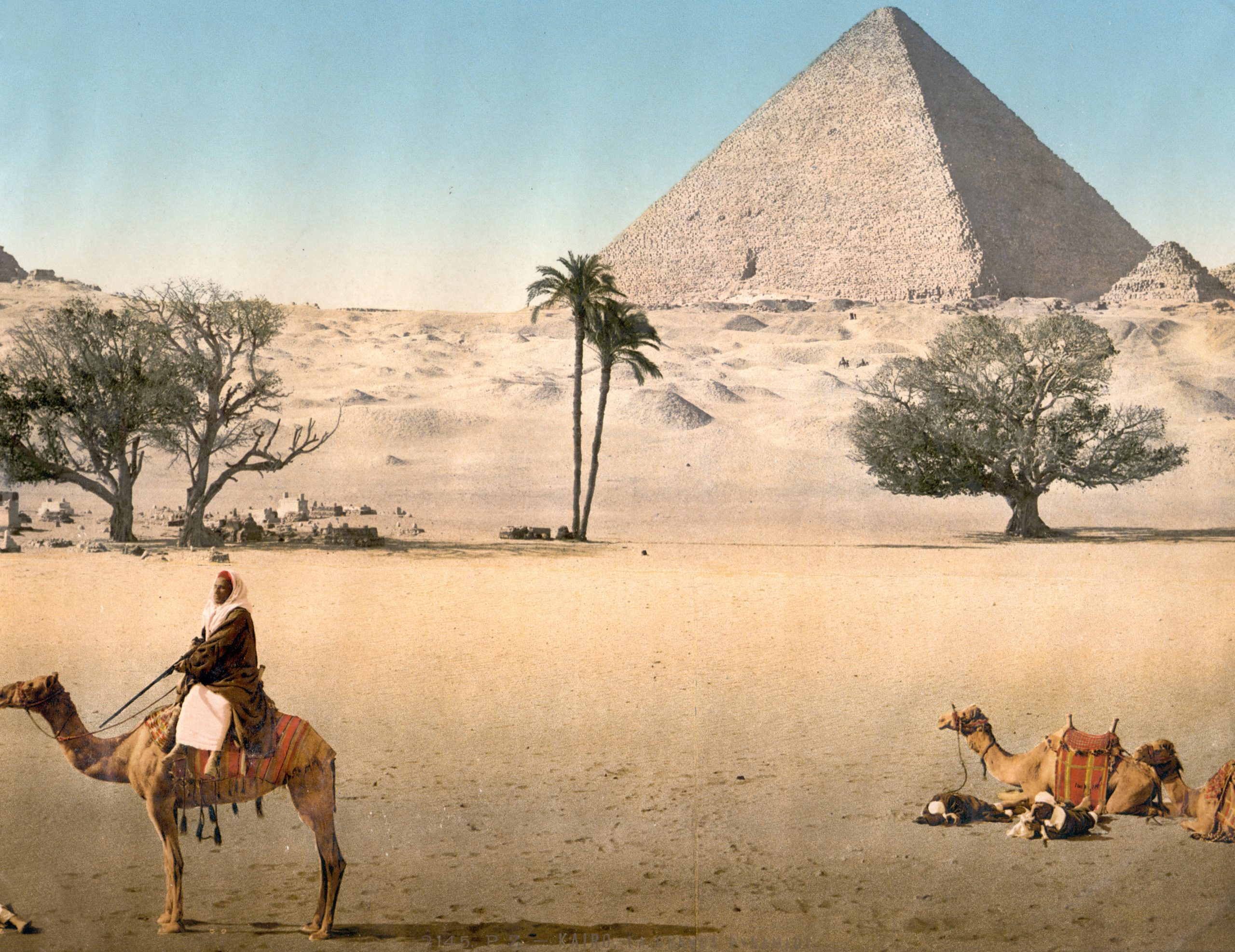As the international community progresses towards a more interconnected world order, Xi Jinping Thought stresses the need for a paradigm shift in the way countries approach state-to-state relations. According to President Xi, estrangement should be replaced with exchange, clashes with mutual learning, and superiority with coexistence. In accordance with this notion, Israel endeavors to redefine its relationship with the Arab World.
In this SIGNAL Note, international scholar from Egypt, Haisam Hassanein explores Israel’s historically complex relationship with Egypt. While Israel and Egypt have had official diplomatic relations since a peace agreement was struck in 1979, full normalization has never been attained. In fact, Egyptian political officials and journalists have been ridiculed for interacting with Israelis. Elements of the Egyptian media, with the backing of fundamentalist Islamic groups have historically portrayed Jews in a racist light on national television there. In spite of this, Israel remains an essential security and trading partner for Egypt, helping it overcome fundamental challenges to its job market and economy.
Haisam’s analysis illuminates some of the practical challenges in the Middle East associated with realizing Xi’s new framework for international relations. While domestic Egyptian political pressures fueled by anti-Semitism persistently attempt to chip away at mutually beneficial ties, Israel — adhering to the type of international relations that President Xi supports — is unwavering in its mission to foster joint-economic advancement, identify common security goals, and enhance diplomatic/cultural relations with Egypt. Realizing Xi’s vision, will require that Egyptian leadership allows for warmer economic and social ties with Israel. With increased economic cooperation with Israel as propounded in Haisam’s article, the Egyptian populace can become informed about the Israeli people and realize that we are a community with a Shared Future.
The article was originally published by the Washington Institute for Near East Policy.

